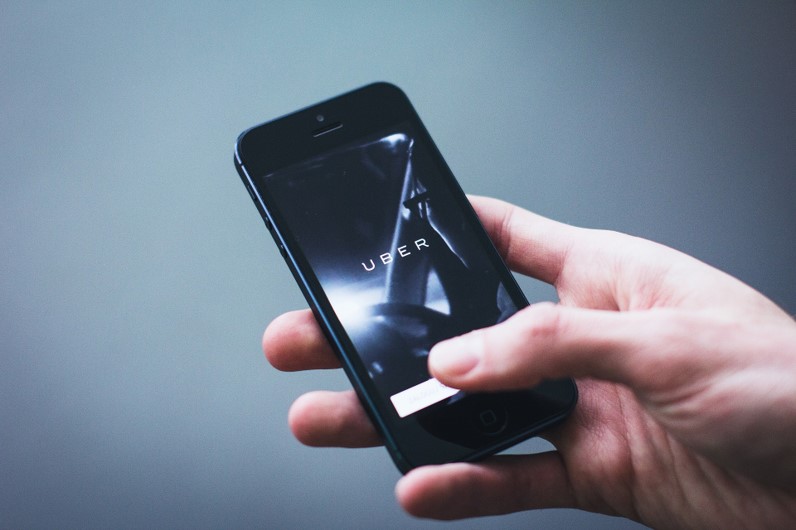The Court of Appeal has ruled that drivers who use online taxi company Uber's app are 'workers' within the meaning of the Employment Rights Act 1996 (ERA), rather than self-employed contractors, but has given the company permission to appeal to the Supreme Court.
Uber provides booking and payment services via the app. A group of drivers brought Employment Tribunal (ET) claims arguing that they were workers, and so entitled to protections under the ERA, the Working Time Regulations 1998 and the National Minimum Wage Regulations 1999. Uber maintained that it merely provides a means for drivers to run their own businesses and is not itself a transport business. Its contracts with drivers state that they are independent contractors who contract directly with passengers. Uber emphasised that drivers are not obliged to use the app at any given time, nor do they have to accept any particular trip offered.
The ET agreed with the drivers, in a decision that was later upheld by the Employment Appeal Tribunal.
In a majority decision, the Court of Appeal has dismissed Uber's challenge to the latter ruling. The Court found that the contractual terms did not reflect the reality of the drivers' relationship with Uber. Drivers are under a positive obligation to work while they have the app switched on, and although they can accept or decline any given trip, Uber retains the ability to disconnect them from the app if they turn down fares too frequently.
Given the importance of the case, permission to appeal to the Supreme Court was granted.

